The Evolution of Metal Recycling: A Greener Tomorrow with DWL Metal Recycling
Metal recycling has become a crucial component in the global effort to reduce waste, conserve natural resources and minimise environmental impact. Here in the UK, companies like Dorset Waste Ltd's metal recycling division, DWL Metal Recycling, are at the forefront of this green revolution, offering sustainable and efficient recycling services to individuals and businesses alike. In this article, we will delve into the world of metal recycling, its significance, and how DWL Metal Recycling is pioneering a path to a more sustainable future.
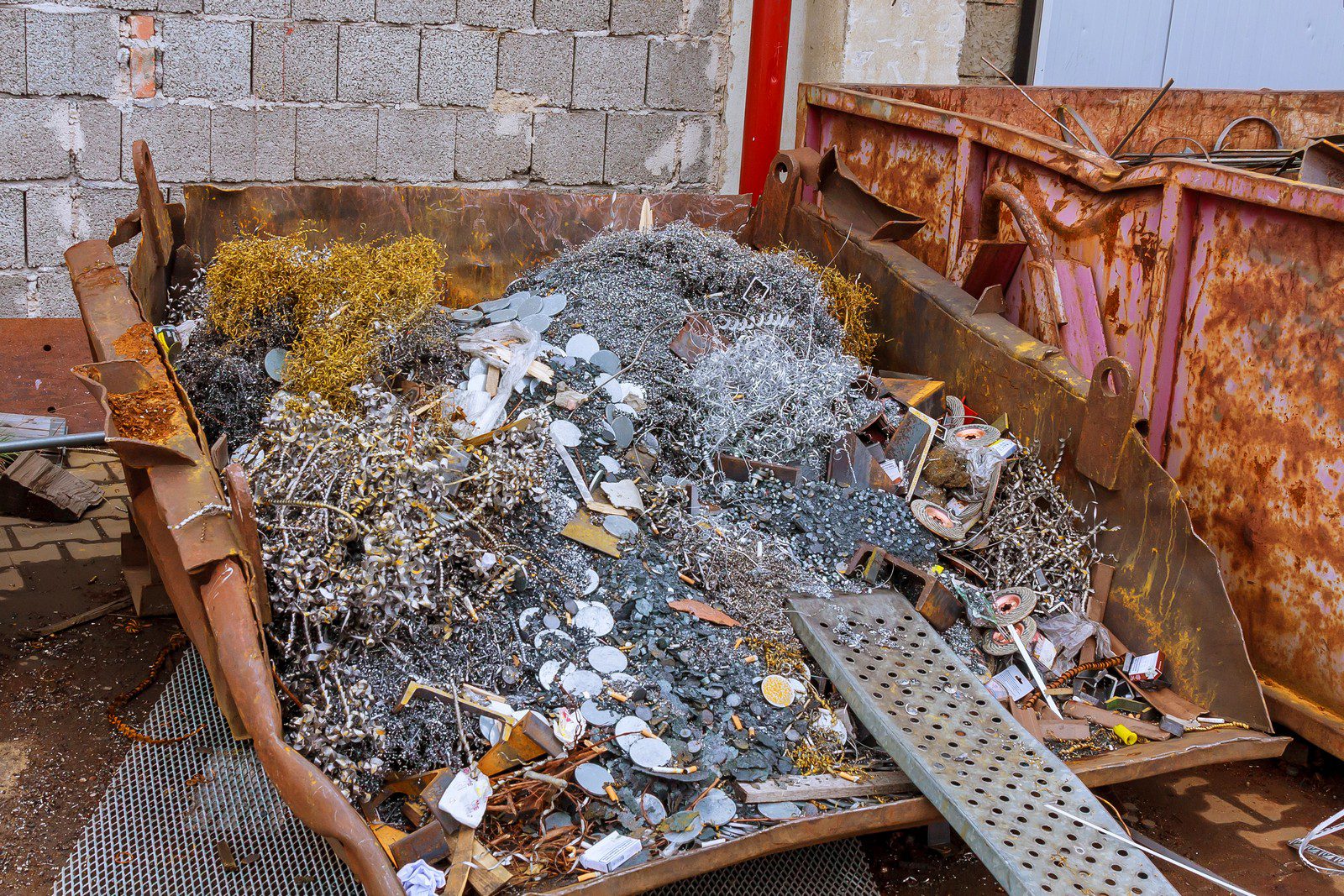

Why Metal Recycling Matters
Metals are among the most valuable materials in the waste stream, and their potential for reuse is almost limitless. Recycling metal saves energy, reduces greenhouse petrol emissions, and conserves natural resources that would otherwise be mined. It's an eco-friendly cycle where old products are transformed into new ones, again and again.
Conservation of Resources and Energy Efficiency
Recycling metal requires significantly less energy than producing metal from virgin ore. For example, recycling aluminium can save up to 95% of the energy needed to create it from raw materials. This energy saving translates into lower carbon emissions, helping to tackle climate change.
Economic Benefits and Job Creation
Metal recycling is not just good for the planet; it's also good for the economy. It stimulates job growth within the recycling industry and related sectors. As more metal items are recycled, the demand for labour in collection, processing, and transformation increases.
Reducing Landfill Waste
By recycling metal, the volume of material sent to landfills is greatly reduced. This helps to alleviate the pressure on landfill sites, which are increasingly becoming a scarce resource themselves.
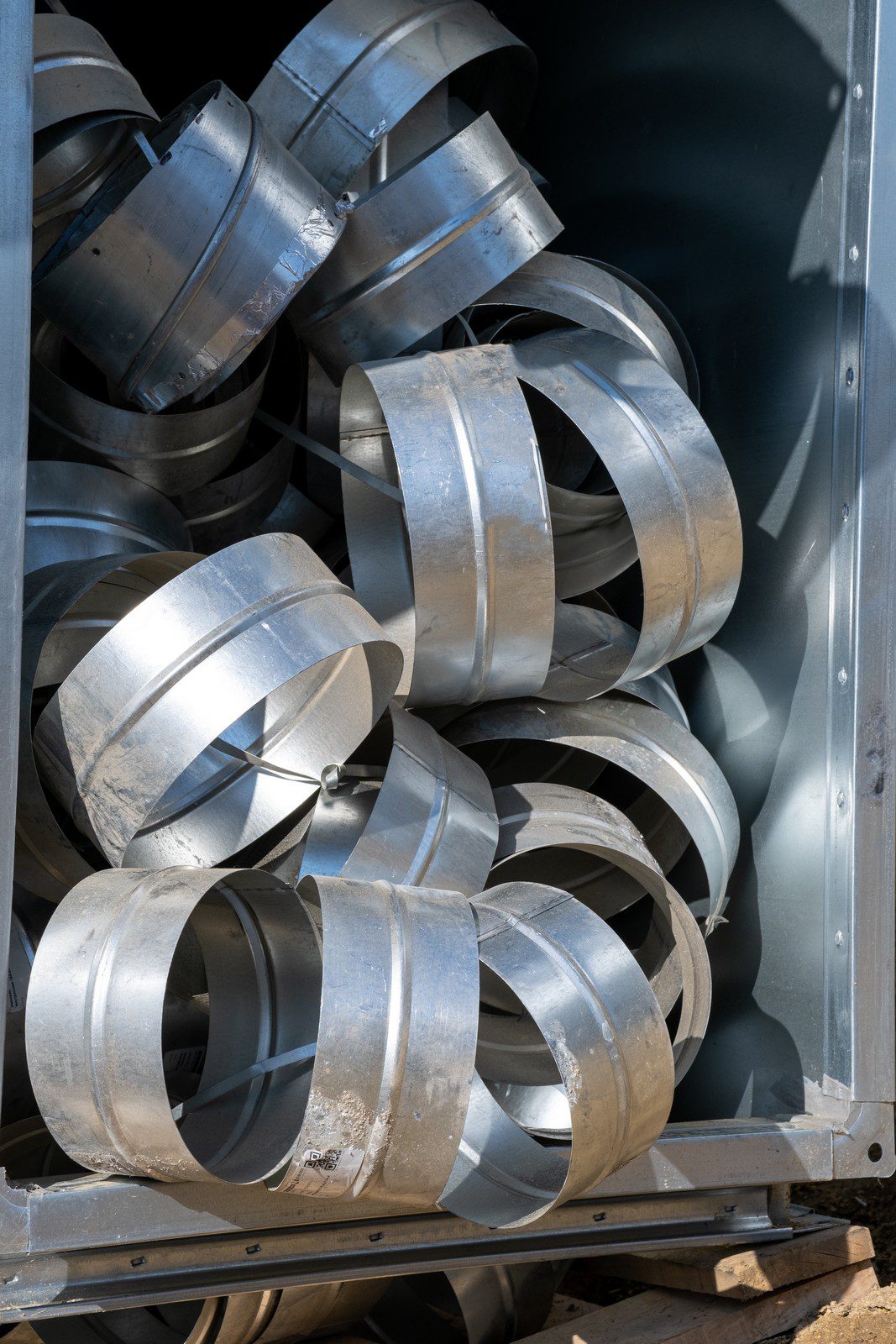

DWL Metal Recycling: Leading the Charge in Sustainable Practices
DWL Metal Recycling embodies the principles of sustainability and innovation in its metal recycling processes. Offering comprehensive services that cater to a wide range of metal recycling needs, they are committed to maximising recovery and minimising waste.
A Seamless Recycling Experience
Whether you are a tradesperson with offcuts and surplus, a business with industrial scrap, or a member of the public with household metal waste, DWL Metal Recycling provides convenient and efficient solutions. With expert knowledge and an emphasis on customer service, ensuring that recycling your metal is a hassle-free process.
State of the Art Processing Facilities
DWL Metal Recycling utilises cutting-edge technology in its processing facilities. From advanced sorting and separation techniques to high-capacity shredders and balers, they ensure that every piece of metal is recycled to the highest standards.
Compliance and Environmental Responsibility
When it comes to compliance with environmental regulations, DWL Metal Recycling not only meets the necessary requirements but also goes above and beyond to ensure their practices are as environmentally friendly as possible. They are fully licensed and regulated, providing peace of mind that your metal waste is being handled responsibly.
Educational Insight: What Happens to Your Recycled Metal?
Have you ever wondered what happens to the metal after it's collected for recycling? Here's a brief overview of the journey your recycled metal takes:
- Collection and Transportation: Metal waste is collected from various sources and transported to a recycling facility like DWL Metal Recycling.
- Sorting: The metal waste is sorted into different types, often using magnets and other separation tools to distinguish ferrous from non-ferrous metals.
- Shredding and Processing: The metals are then shredded into smaller pieces, making it easier to handle and process.
- Melting and Purification: The shredded metal is melted in large furnaces, then purified to ensure the final product is of high quality.
- Solidifying: After melting, the metal is allowed to solidify into various forms, such as bars or sheets, to be used in manufacturing new products.
- Distribution: Finally, the recycled metal is shipped to manufacturers who will use it to make new items, completing the recycling loop.
Through this process, DWL Metal Recycling ensures that the metal items you recycle are given a second life, contributing to a circular economy.
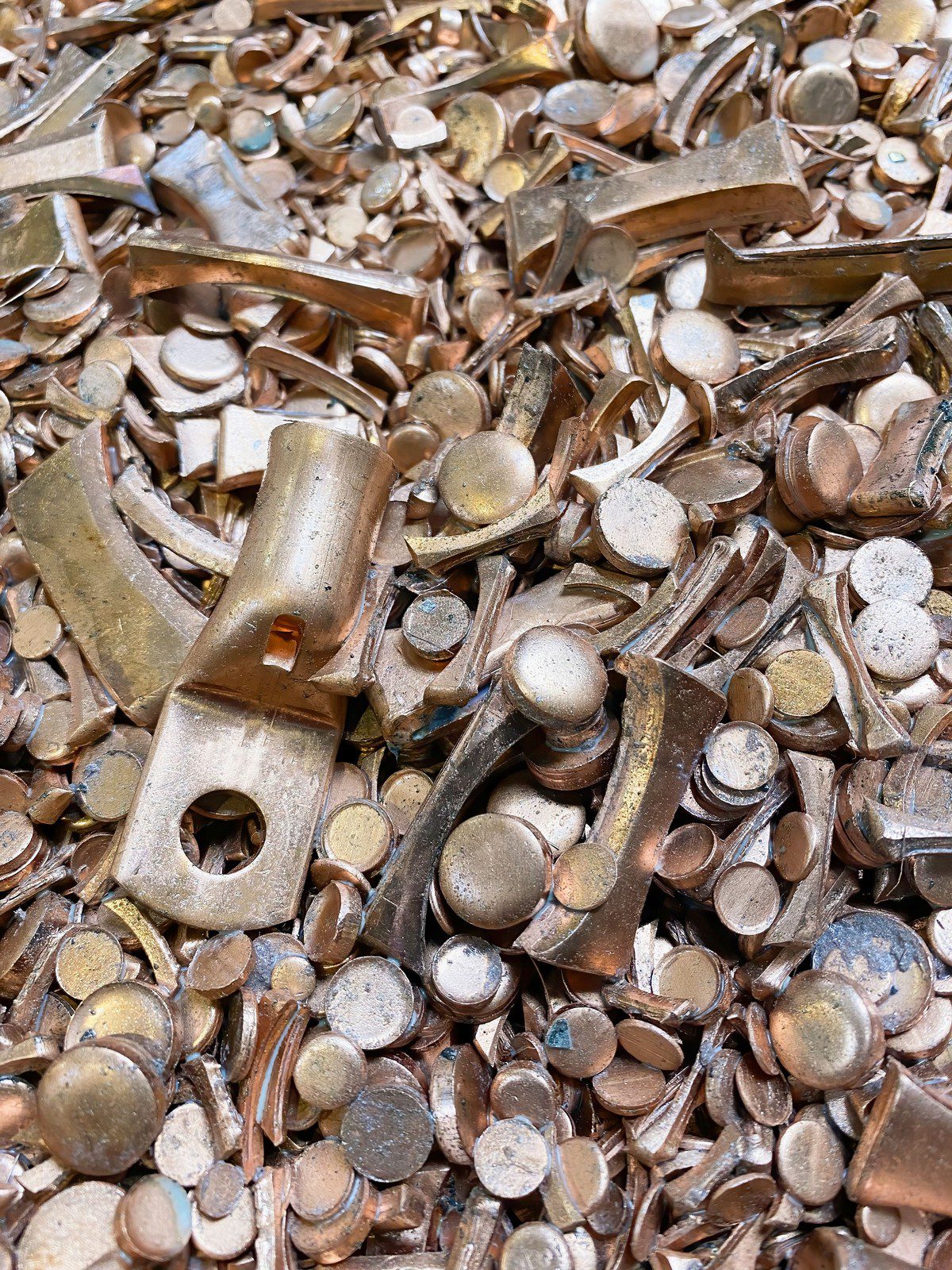

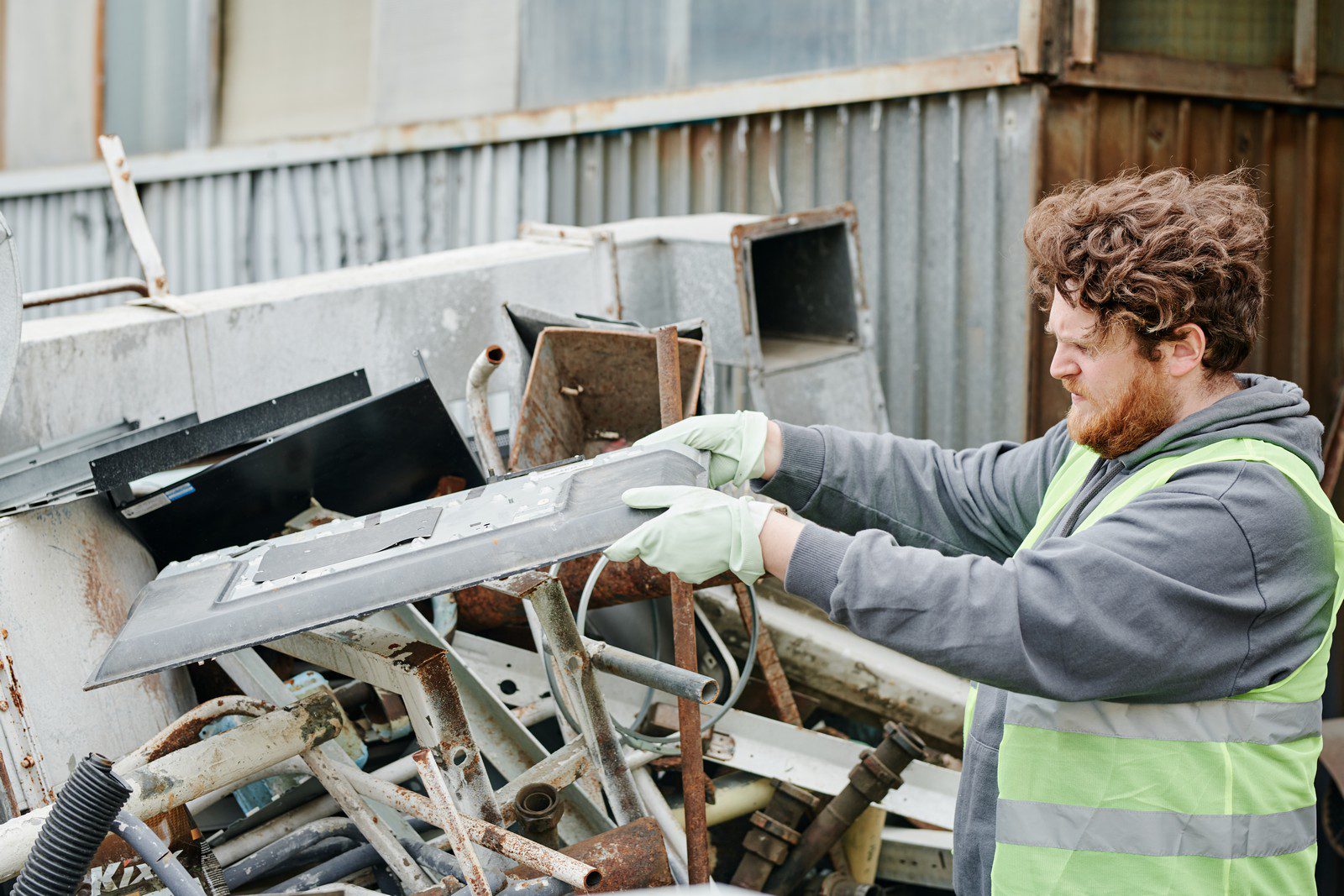

A Call to Action: How You Can Contribute to Metal Recycling with DWL
Recycling metal is not just the responsibility of businesses and industries; it's a collective effort that we can all participate in. Here's how:
- Separate Your Metals: At home or at work, separate metal items from your general waste.
- Choose a Trusted Recycling Partner: Opt for reputable companies like DWL Metal Recycling to ensure your metal waste is recycled responsibly.
- Spread Awareness: Encourage friends, family, and colleagues to recycle metal and explain the benefits.
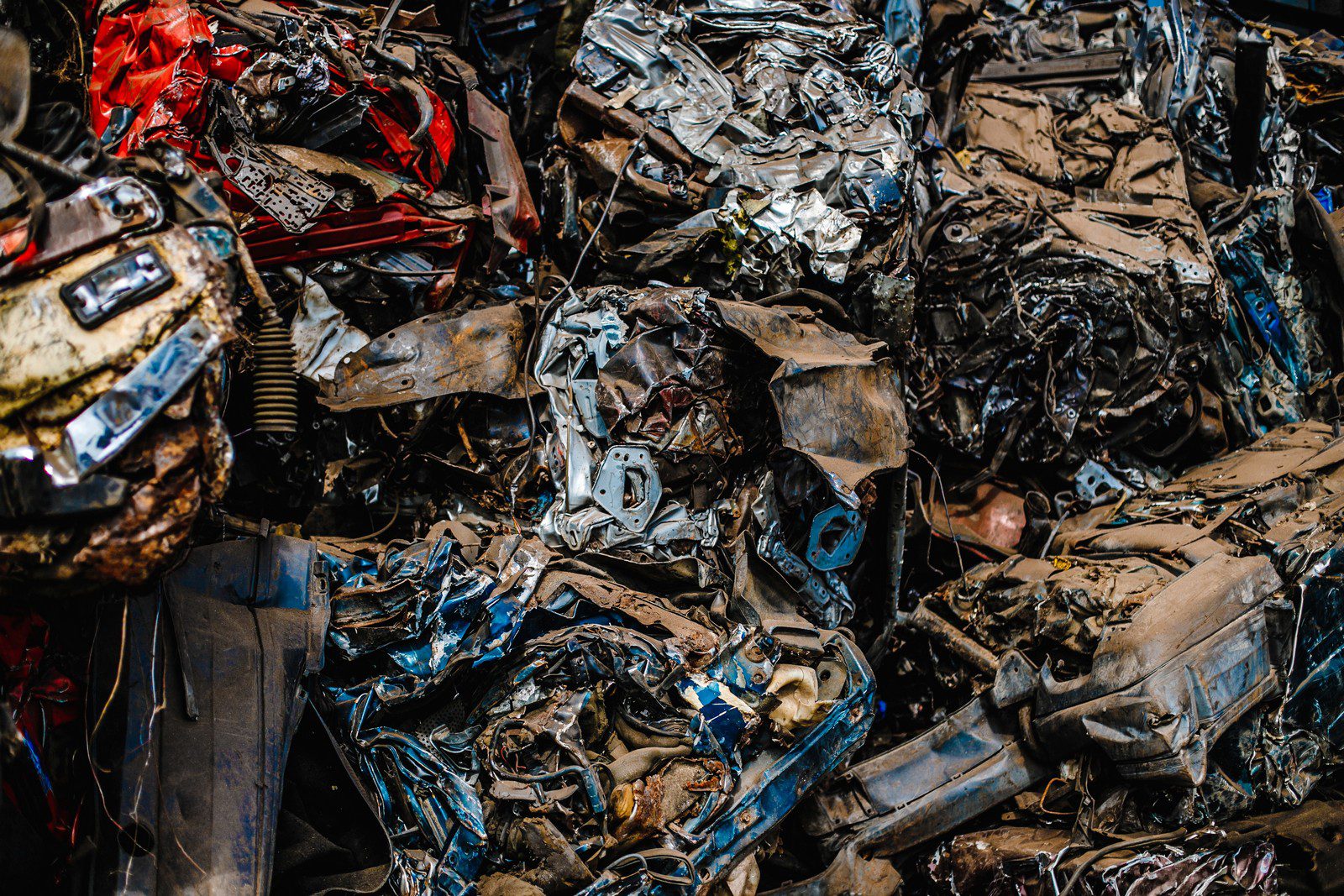

Conclusion: Your Role in Shaping a Sustainable Future
In conclusion, DWL Metal Recycling is not just about keeping metal out of landfill; it's about shaping a sustainable future one recycled item at a time. By choosing to recycle metal with DWL Metal Recycling, you're participating in a greener tomorrow and supporting a company that puts the environment first.
The advancements in metal recycling offered by DWL Metal Recycling underscore the vital role we all play in environmental stewardship. By engaging in responsible recycling practices, every person and business can contribute to the conservation of resources, reduction of greenhouse emissions, and preservation of the natural environment for future generations.
Remember, every metal item you recycle makes a difference. Together, with DWL Metal Recycling, we can transform waste into worth and envision a planet that thrives for centuries to come. Contact DWL Metal Recycling today to learn more about their services and how you can contribute to a greener tomorrow. Ready to make a lasting impact? It starts with a single piece of metal.
We're Here to Help! Get in Touch with us Today
Read Some of our Other Blogs
- The Circular Economy: Reinventing Waste Management with DWL Metal Recycling
- The Ultimate Guide to Eco-Friendly Metal Recycling with DWL Metal Recycling
- Can Metal Recycling Power a Greener Future? The Role of DWL Metal Recycling
- The Secret to Successful Metal Recycling: Insights from DWL Metal Recycling


